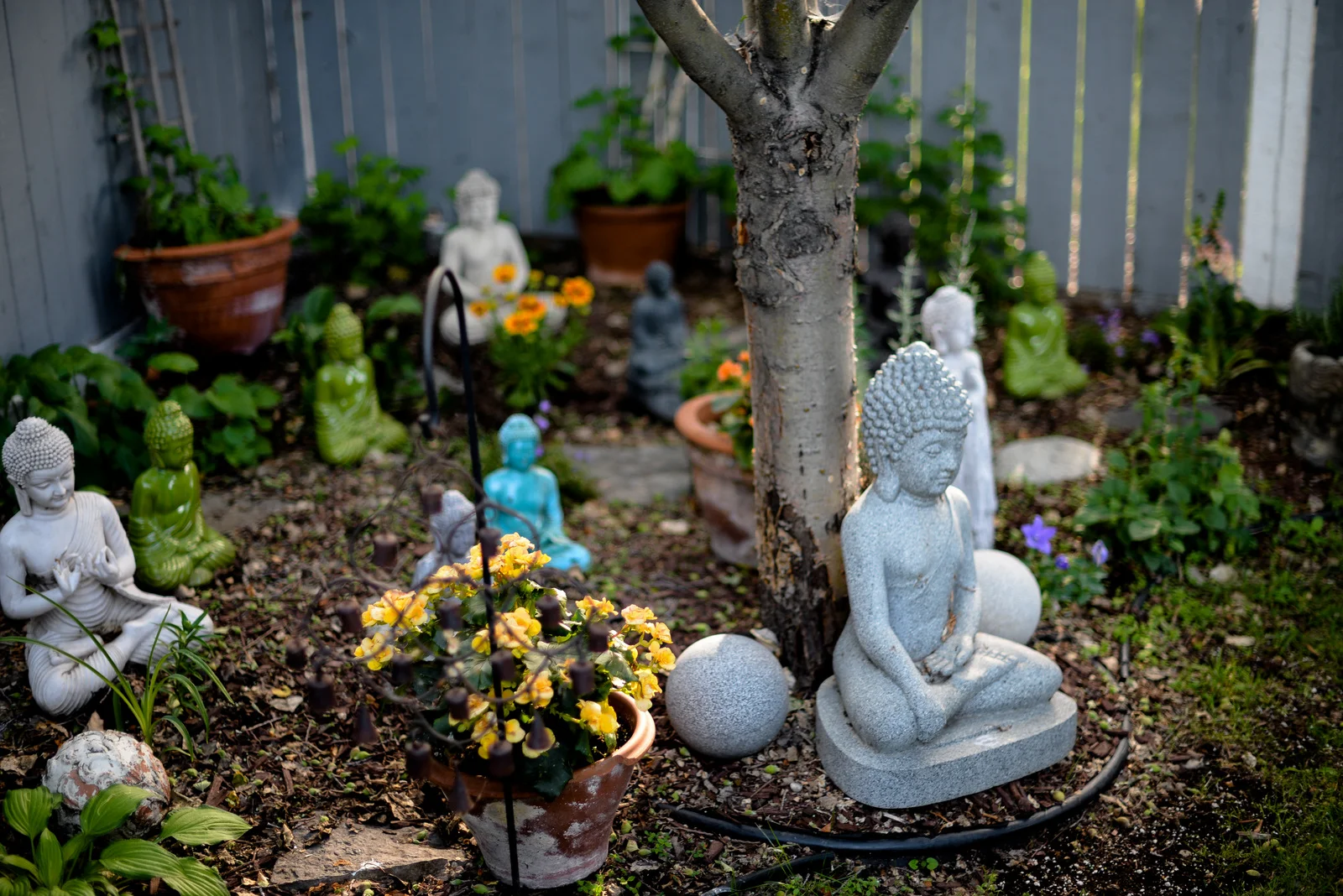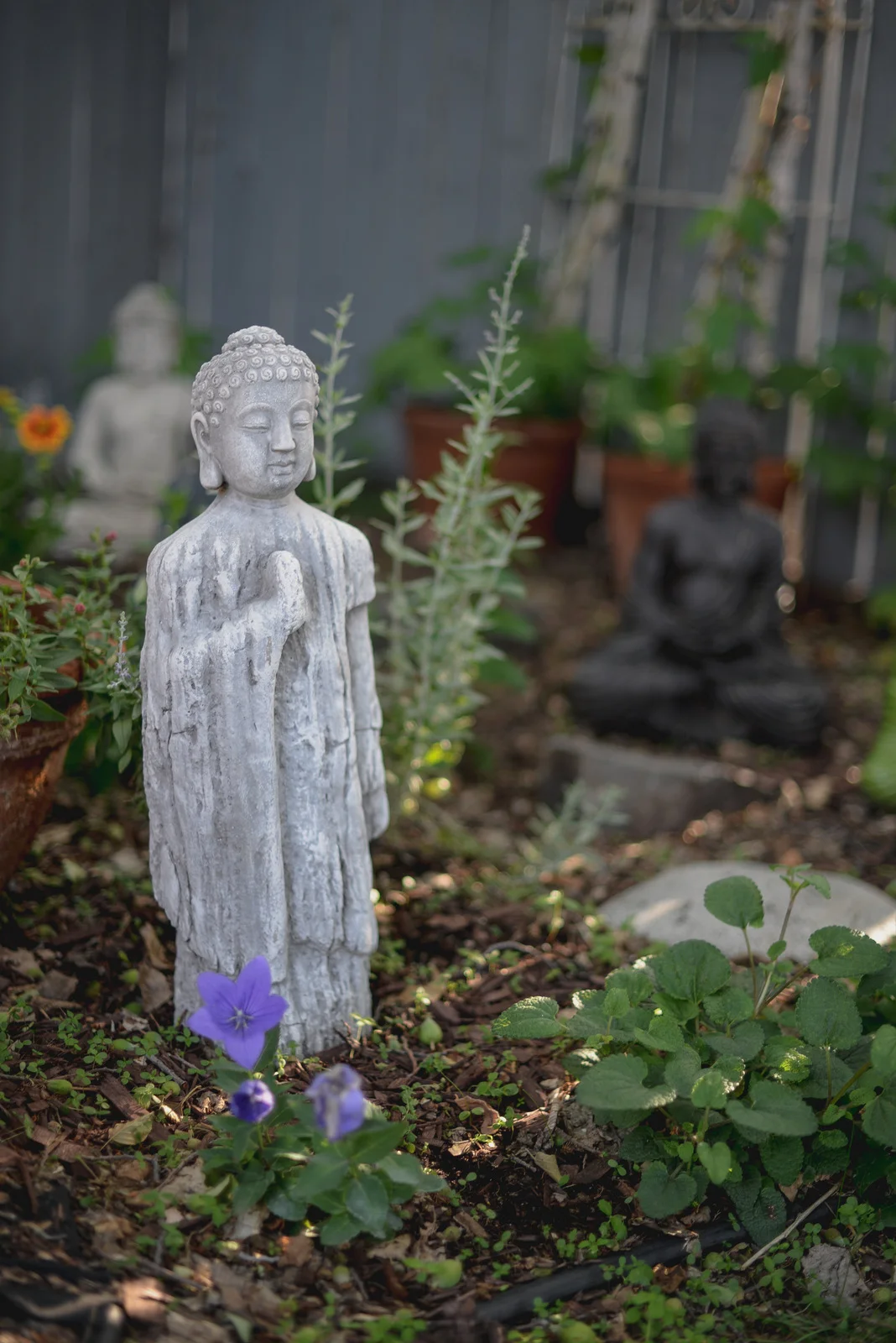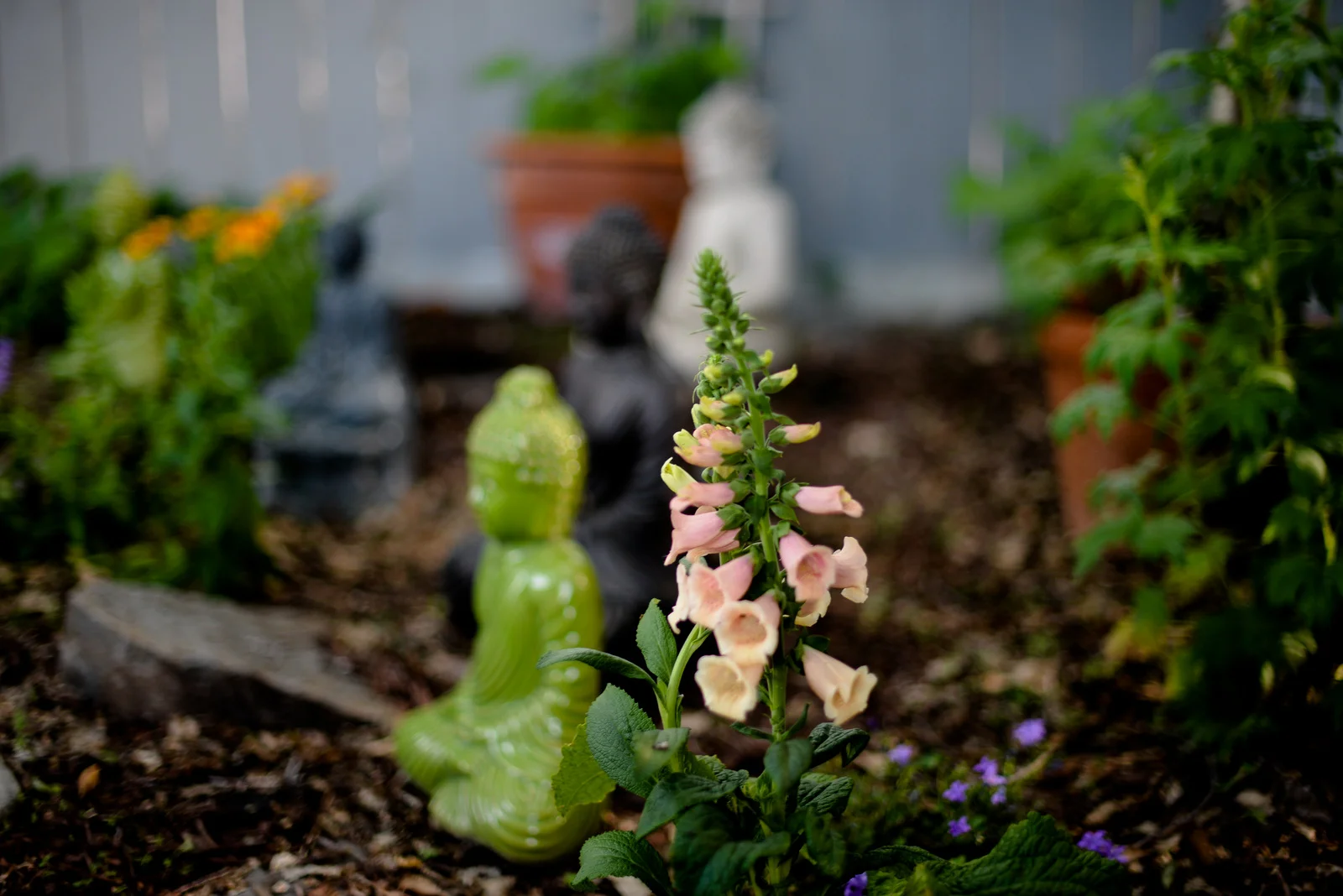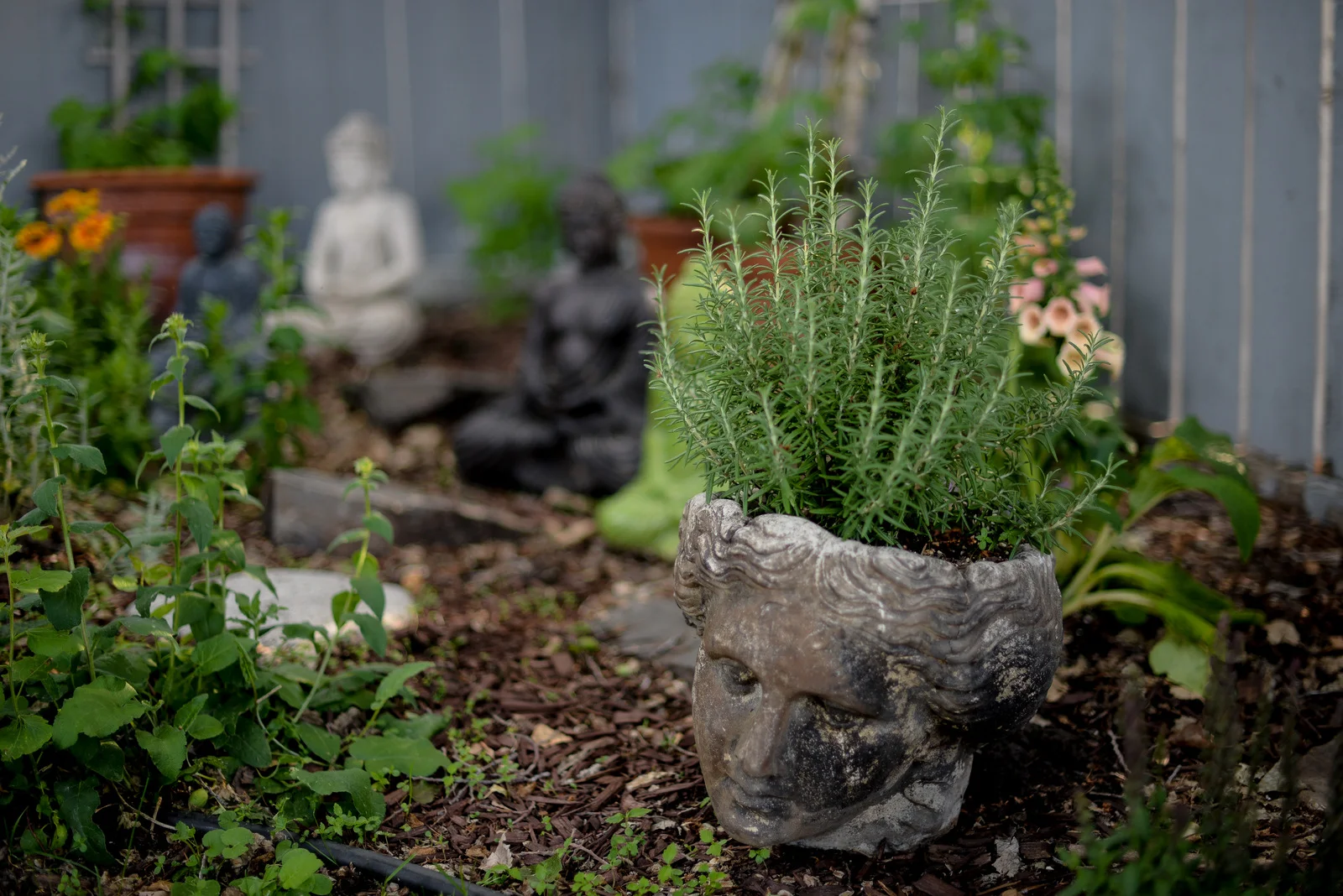Sidling Up
There is a particular bookshelf in my study that contains books for heavy-hearted days. And on it is Becoming Wise by Krista Tippett. And in that book, there is a chapter titled, Love. And I think that chapter is essential reading for our times.
The passage that’s surfacing for me right now is on page 135. She talks about the approach of the philosopher Anthony Appiah. It goes:
“He talks about “sidling up” to difference, not attacking it with a solutions-based approach as Americans are wont to attack what they see as problems. The way to set moral change in motion, he says, is not to go for the jugular, or even for dialogue – straight to the things that divide you. Talk about sports. Talk about the weather. Talk about your children. Make a human connection. Change comes about in part, as he describes it, by way of “conversation in the old-fashioned sense.” – simple association, habits of coexistence, seeking familiarity around mundane human qualities of who we are.”
“Talk about sports. Talk about the weather. Talk about your children. Make a human connection. ”
Isn’t this why, in part, we were all so cracked up when Anthony Bourdain died? He was someone who did this. He made human connections.
He said, “You learn a lot about someone when you share a meal together.” And he also said: “I don’t have to agree with you to like you or respect you.”
One of my favourite parts (and there is so much good stuff in Tippett’s book), is when she says the following:
“We all live lives that are complicated and that at times, with infinite variation, feel overwhelming. But we know people in our immediate world who step beyond themselves, into care. If you know them, up close, you know they are not saints or heroes – take note of that, and take comfort. Feel how when you extend a kindness, however simple, you are energized and not depleted."
As I’ve mentioned before, and as many of you know, I work at a public library branch, and so I have the good privilege of working with people who regularly “step into care.” So I’m a witness to this kind of simple kindness all the time, and I can tell you, it does refresh you, it does remind you that the world is full of some really decent people. And then you also see it returned. It’s just this loop of general pleasantness that seen in action over a span of time, is a bit of a miracle, I think. I’m not saying it’s always perfect, but this is why I like the phrase “stepping into care.” Sometimes we might have to step back, too.
Tipett goes on to talk about hospitality, and the added trickiness of offering hospitality especially with those “who offend and harm and drive us crazy in an everyday way.” But hospitality, she says, “is a word that shimmers, softly.” It is “an accessible entry point.” Ages ago, a library manager asked us to imagine how we welcome people into our home, and then to think about how we welcome people into the library, and that has stayed with me. It’s a simple thing to consider. How to be hospitable?
It's easy to offer hospitality to people I don’t know, and Tippett acknowledges this, too. That reaching out to those who don’t want us to is fraught. Love, she says, “doesn’t always work as we want it to, or look like something intimate and beautiful.” I’m good at talking about the weather and about kids with people I’ve only just met. I’m not bad at old-fashioned conversation. But I haven’t talked to certain members of my family for more than two years. Sometimes it’s okay to step back, to consider one’s own mental health and feelings of safety or stability, and here Tippet also agrees, as she admits to being estranged from her father.
At the front desk at the library we often have a tab open on the computer for the weather forecast. The great thing about Edmonton is that we have a lot of weather to talk about. I’ve often joked after a shift how I spent half of it talking about the weather. It’s good stuff, the weather. When you’ve commiserated about icy roads, or the hail in the garden, you’ve connected. Anything after that is gravy.









